
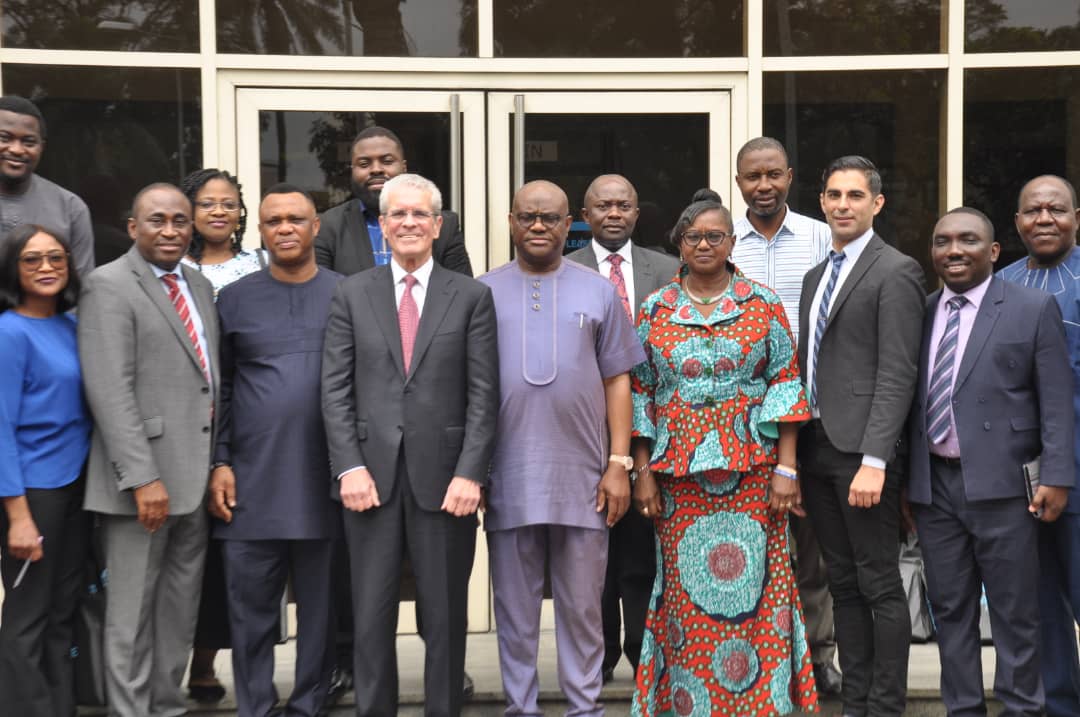
Wike abolishes user-fees for persons living with HIV in Rivers

Related Articles
NAFDAC shuts down bakery for using unfortified sugar, banned potassium bromate
The National Agency for Food and Drug Administration and Control (NAFDAC) has...
Newly inaugurated Lagos private medical facility forays into nuclear medicine
“Nuclear medicine helps in the treatment of thyroid disease, cancer, and arthritis,...
Counterfeit alcoholic beverages: NAFDAC seals 100 shops, suspects apprehended in Enugu
The National Agency for Food Drug Administration and Control (NAFDAC) has shut...
Illicit drugs fuel crimes, criminalities in Nigeria – Marwa
Retired Brig.-Gen. Buba Marwa, the Chairman of the National Drug Law Enforcement...
PCN descends on unlicensed medicine outlets, shuts 531 in Abuja
The Pharmacy Council of Nigeria (PCN) has closed down 531 medicine outlets...
Cholera outbreak: FG in talks with GAVI to secure emergency vaccine doses
Amid a global vaccine shortage, the Federal Government says it has sought...
Housing, transport, economic reforms critical to containing cholera outbreak – FG
The Federal Government has declared that simultaneously addressing the interconnected issues of...
FEC approves $1.4bln to strengthen NDLEA’s fight against drug trafficking
The Federal Executive Council (FEC) has approved N1.99 billion for the purchase...
International Drug Day 2024: North, South-West, South-South Red Zones for Drug Abuse – NDLEA
By Shine Alagba Mrs. Ibinabo Archie-Abia, the Assistant Commander General of Narcotics...
Unregistered locally brewed tiger nuts drink linked to cholera outbreak in Lagos – LASG
Dr. Kemi Ogunyemi, the Special Adviser on Health to the Lagos State...
Mental Health Care Awareness in Nigeria
by Shine Alagba Nigerians face mental stress due to economic challenges like...
FG partners pharmaceutical companies to pare drug prices
Prof. Mojisola Adeyeye, the Director-General of the National Agency for Food and...
Nigeria, 15 other countries receive $36.5m funding to combat Trachoma
With Africa ranked as the most affected continent by trachoma, Nigeria and...
Stress Management (Pt 2)
By Ella Samuel Continuing on our previous topic on stress management, here...
NAFDAC bans ‘Dex luxury bar soap’, recalls toxic cough syrup, benylin
The National Agency for Food and Drug Administration Control has banned the...
Gavi pledges $250m grant for Nigeria’s vaccine initiatives
In a bid to strengthen Nigeria’s healthcare system, Gavi, the Vaccine Alliance,...
Fake, unwholesome products: NAFDAC seals 10 bakeries, 8 table water factories in Rivers
The National Agency for Food and Drug Control (NAFDAC) has shut down...
FG allocates N37.4 bn for six cancer centres, ready in two years
The Federal Government has approved N37.4 billion for the Federal Ministry of...
World TB Day: 70 percent of TB cases in Africa now being diagnosed and treated – WHO
The World Health Organization (WHO) has disclosed that about 70 percent of...
Dearth of critical medical equipment at UniAbuja Teaching Hospital: Patients’ anguishes, agonies – a Persecondnews exclusive
Mariam Musa, 31, a native of Niger State, leaned her jaw on...

















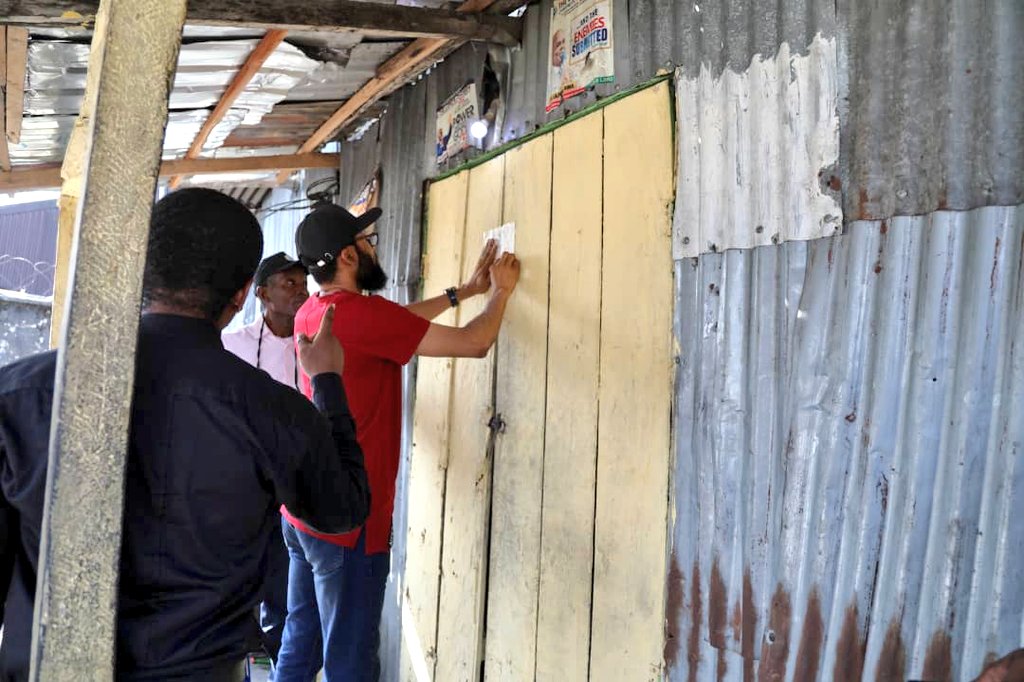
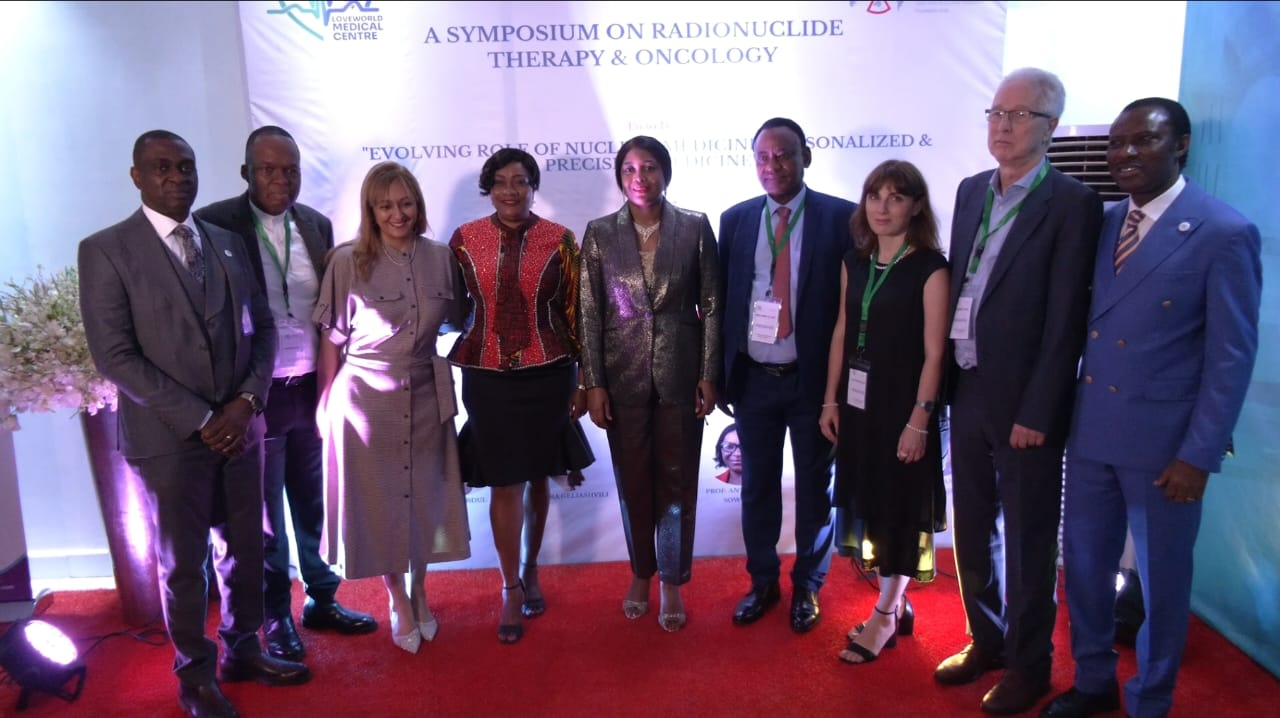



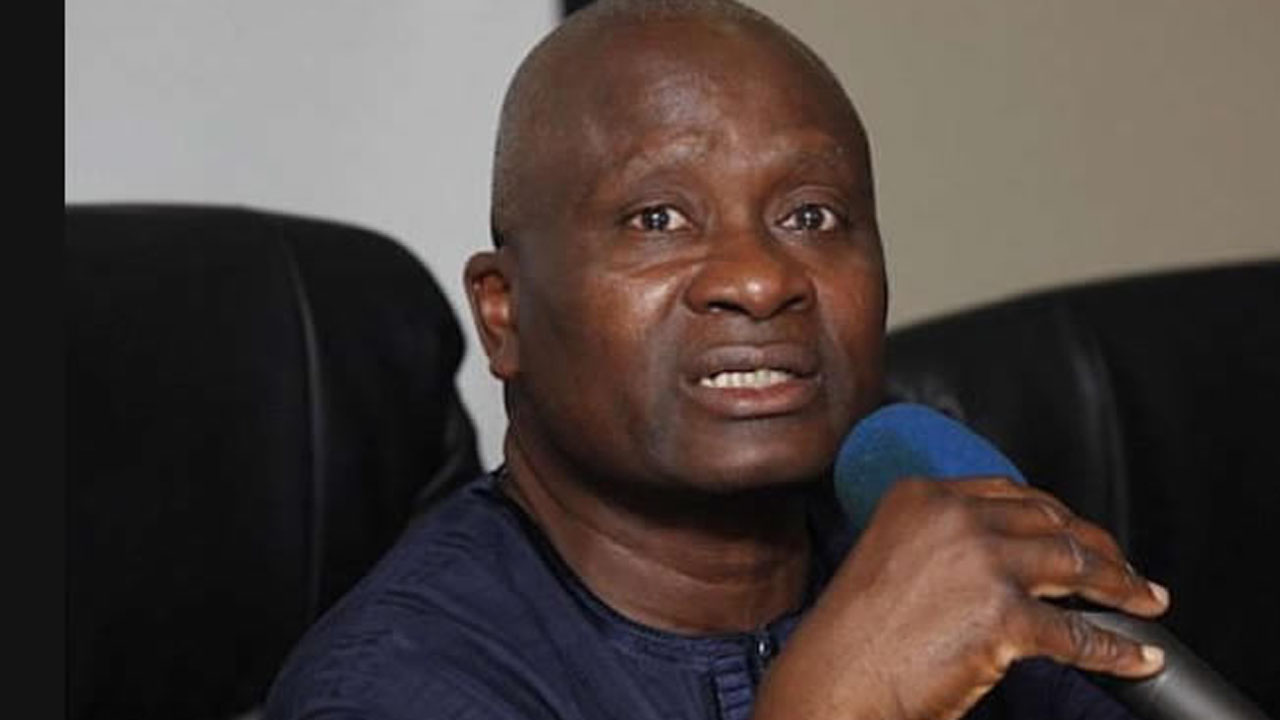
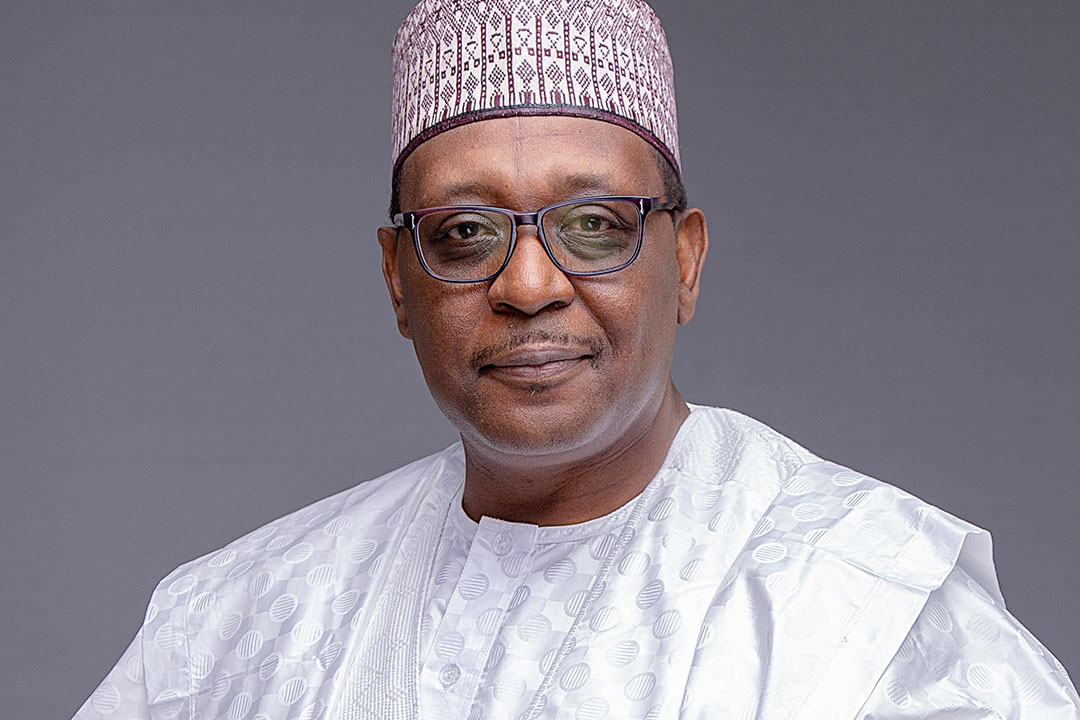
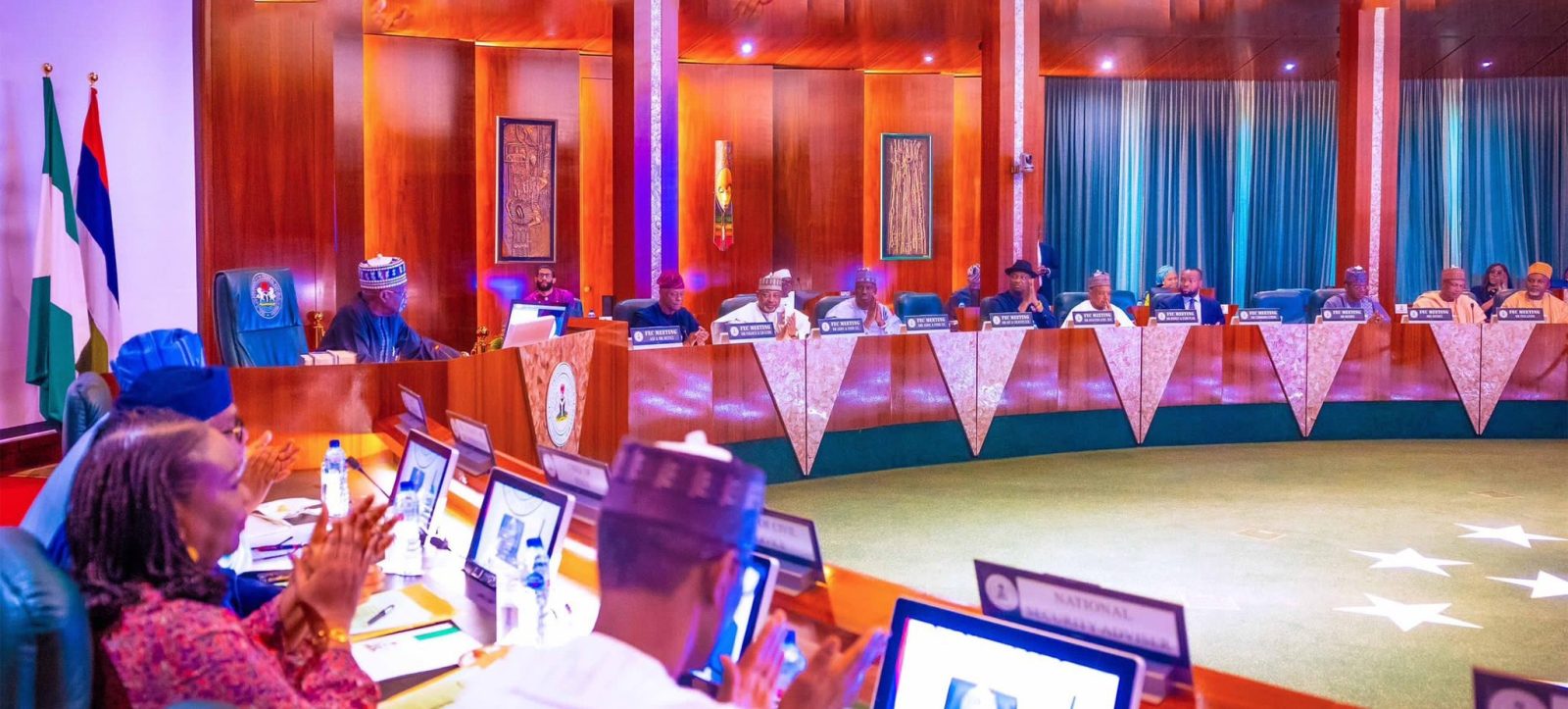
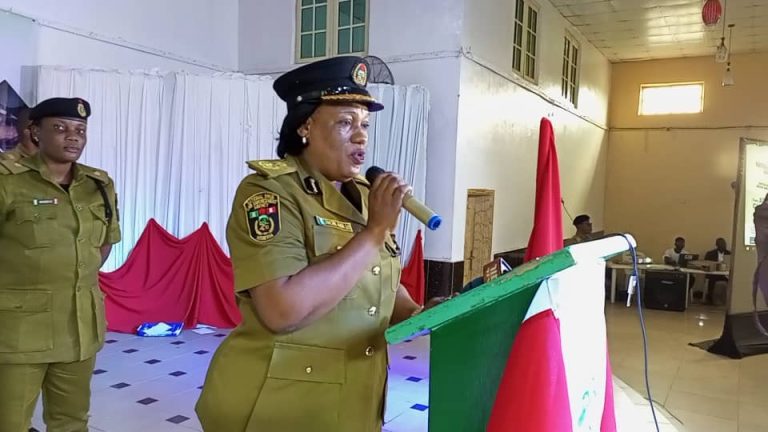
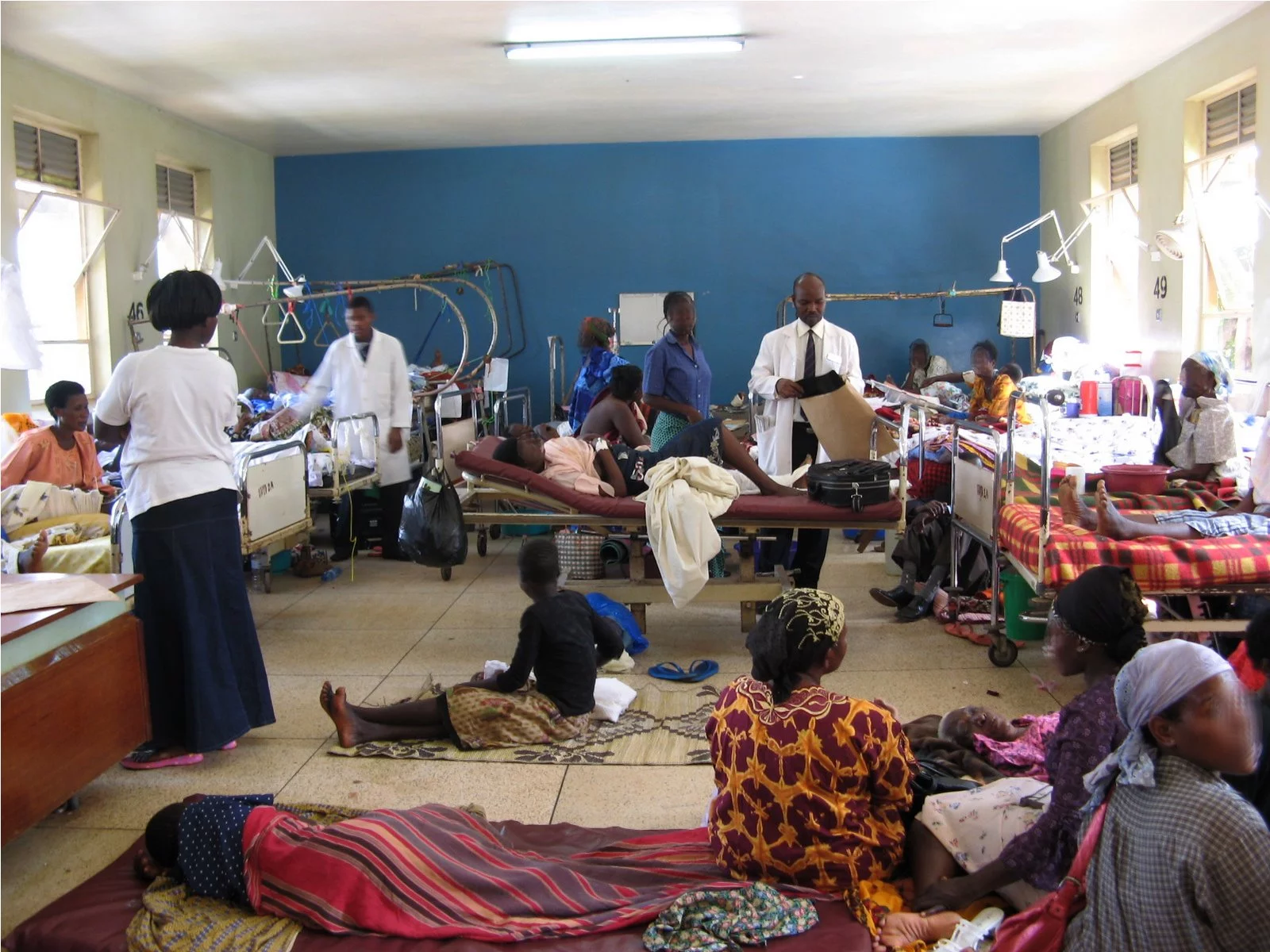
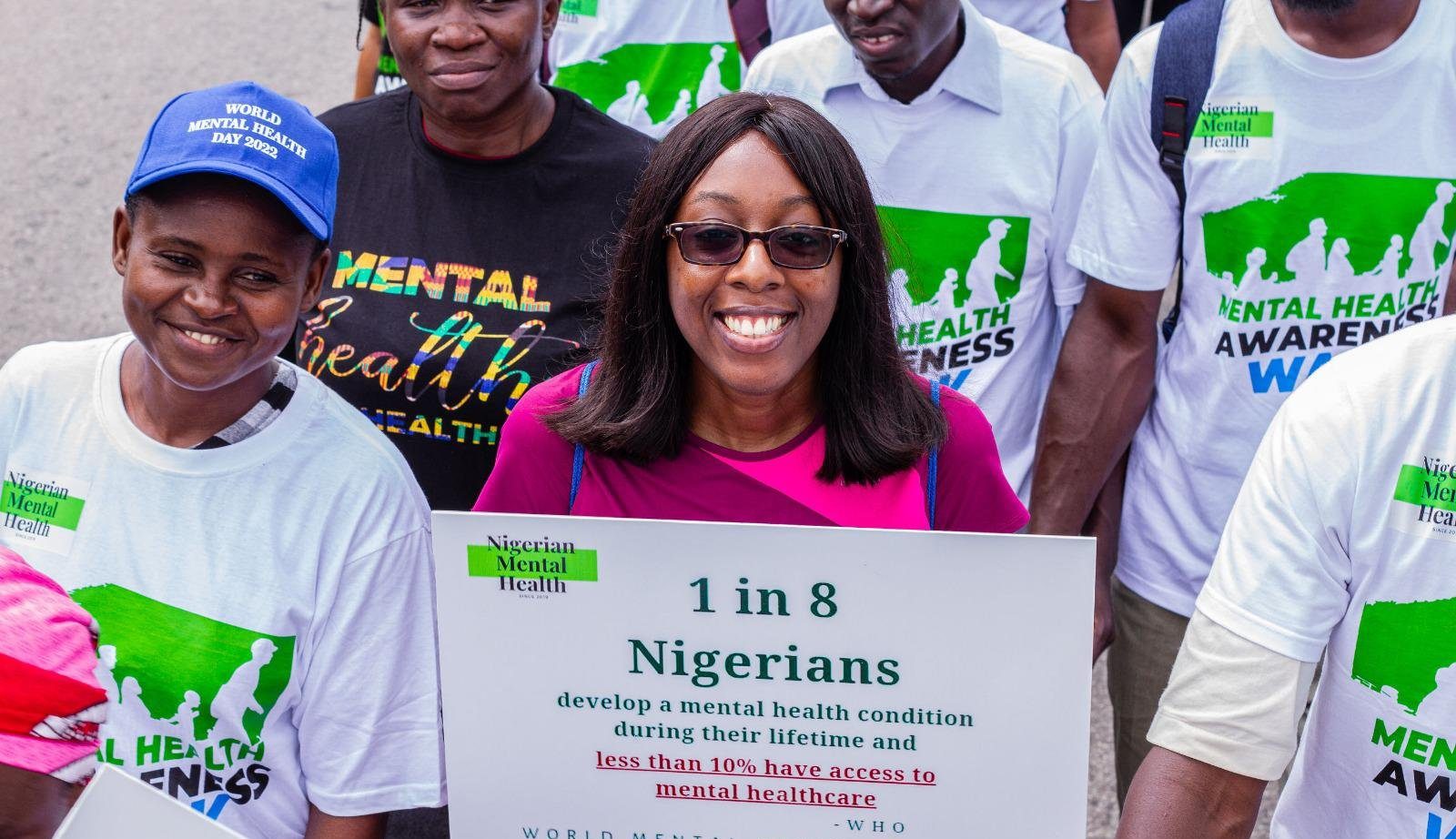
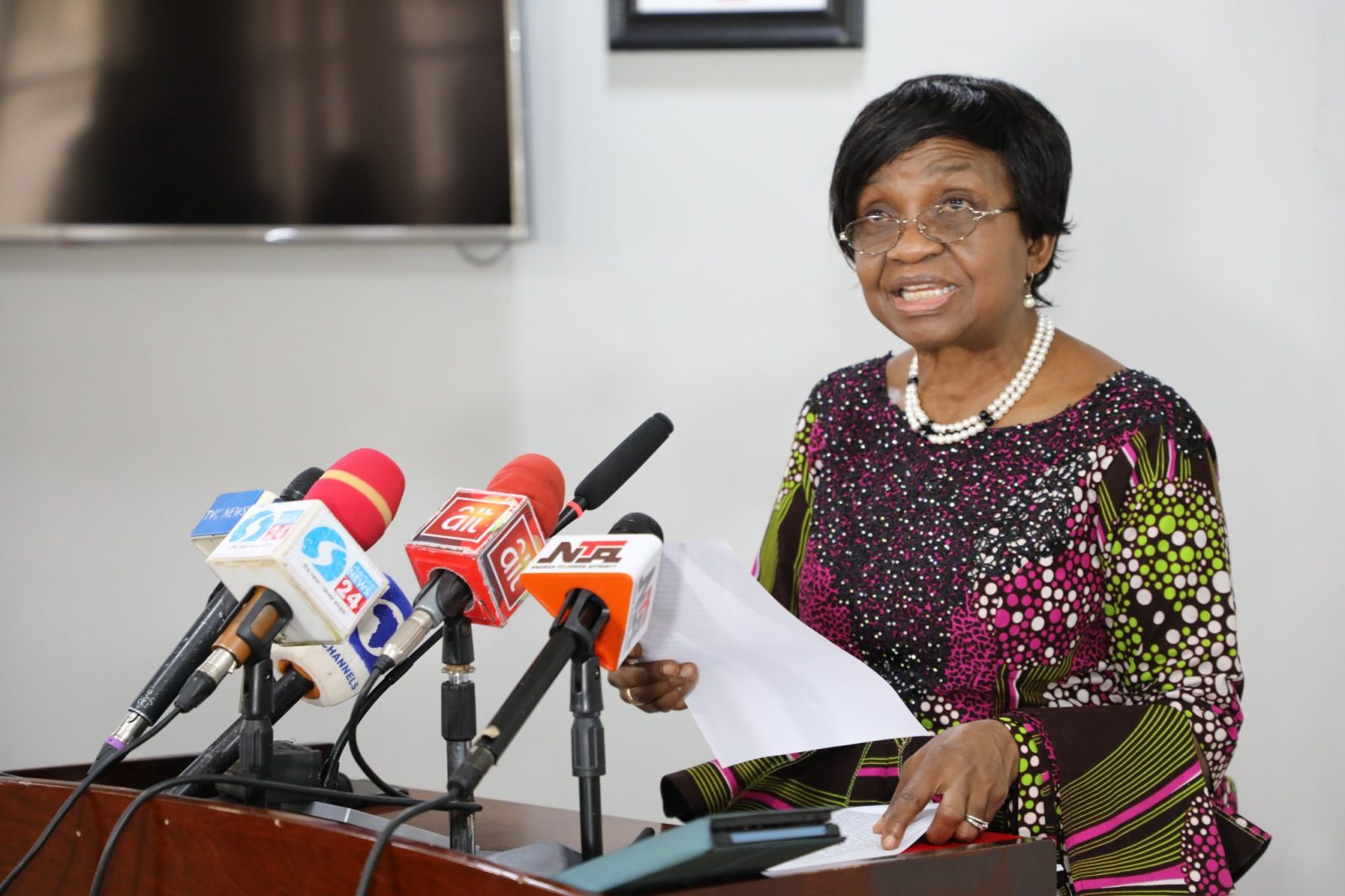



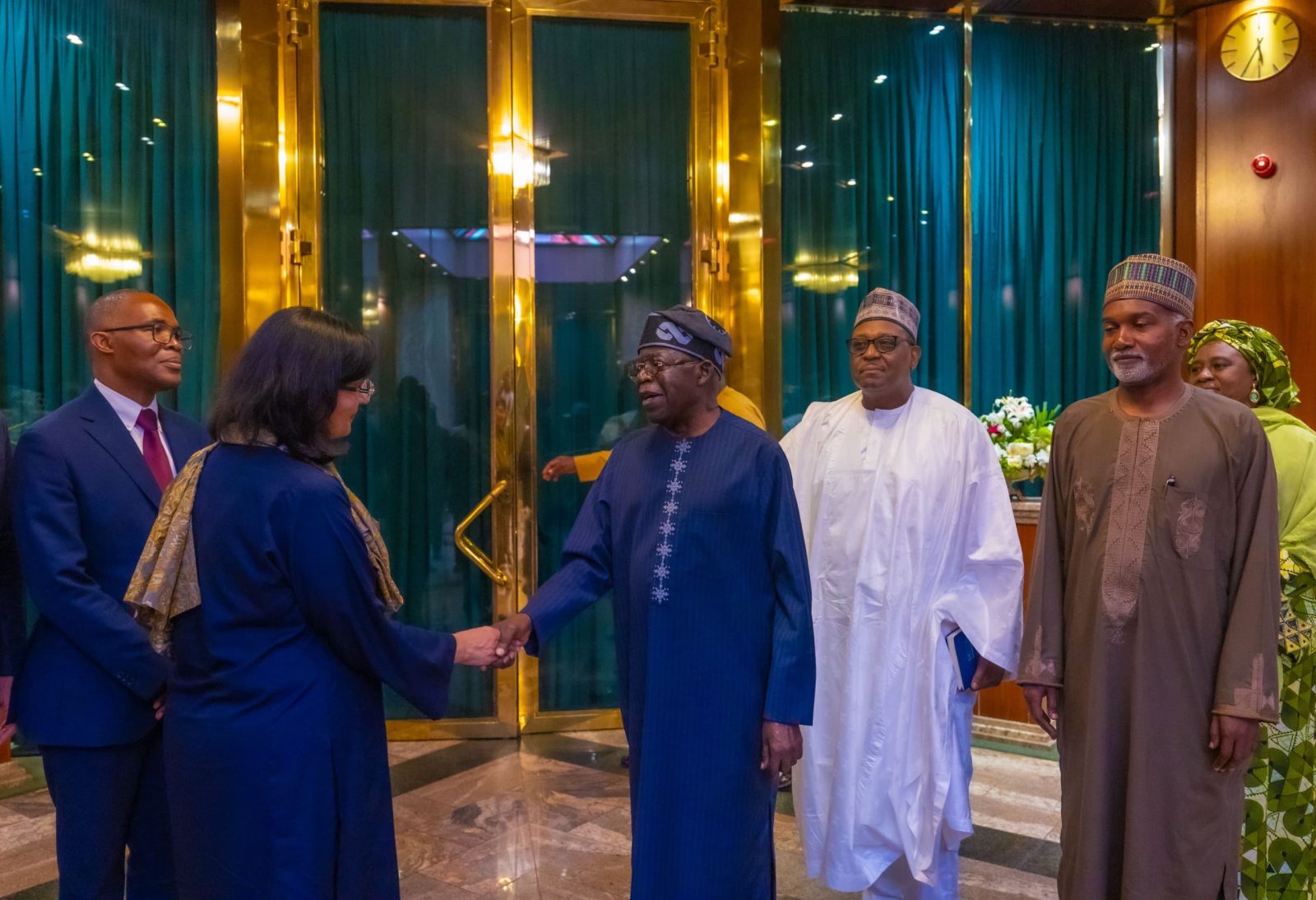
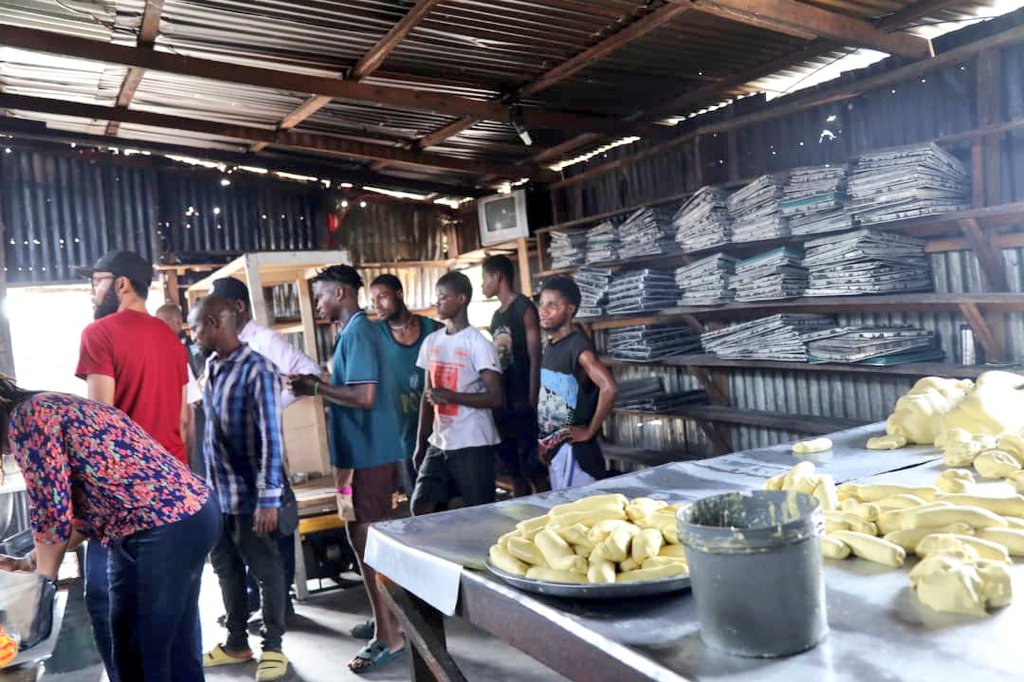

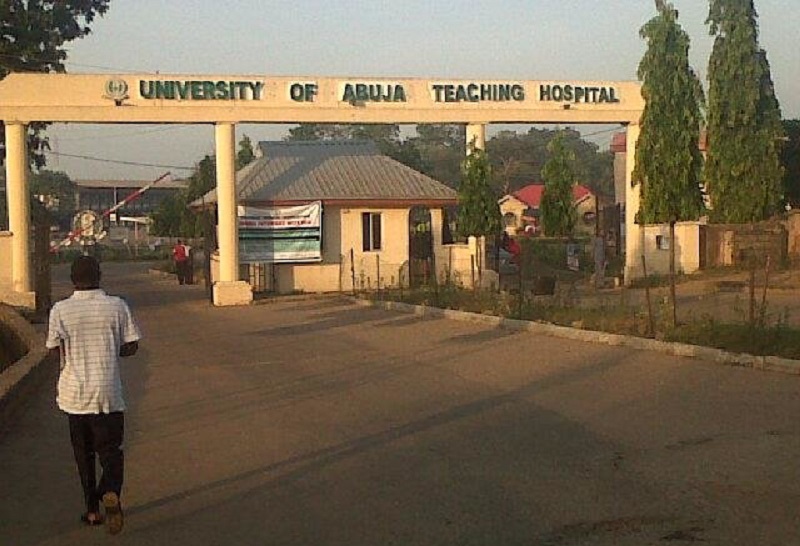
Leave a comment